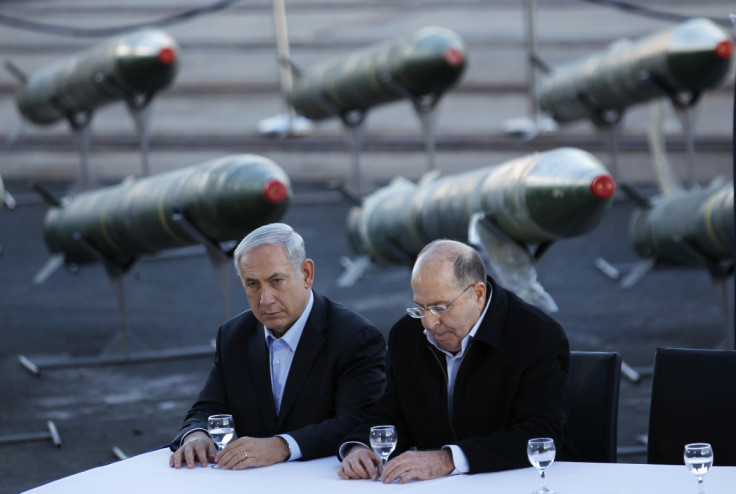Netanyahu Readies IDF for Potential 2014 Iran Strike with £1.9bn Funding

Israeli prime minister Benjamin Netanyahu and Israeli defence minister Moshe Yaalon have instructed the army to continue preparations for a potential strike on Iran's nuclear facilities with a commitment of £1.87bn ($3.8bn, 10bn shekels) to the plans.
Despite productive talks between Western powers and Iran over its nuclear programme, Netanyahu has maintained high defence spending to support any Israeli airstrike.
Members of the Knesset (Israel's parliament) asked IDF chiefs whether the spending was justified in light of Tehran's talks with Western powers.
Tensions with the West have eased as the Islamic Republic's new president Hassan Rouhani has taken a more moderate stance on issues such as the nuclear programme in return for sanctions relief.
In a stinging attack on Barack Obama's "weak" foreign policy, Israeli defence minister Moshe Yaalon said Israel should no longer rely on anybody else but itself to defend the Jewish state.
"We had thought the ones who should lead the campaign against Iran is the United States," he said.
"But at some stage the United States entered into negotiations with them, and unhappily, when it comes to negotiating at a Persian bazaar, the Iranians were better.
"Therefore, on this matter, we have to behave as though we have nobody to look out for us but ourselves."
Netanyahu has frequently stated his intention of preventing Iran enriching enough uranium to build a nuclear device.
"Letting Iran enrich uranium would open up the floodgates," Netanyahu said.
"That must not happen. And we will make sure it does not happen."
Both the IDF and the Prime Minister's Office have declined to comment on the latest IDF defence expenditure figures.
© Copyright IBTimes 2025. All rights reserved.





















